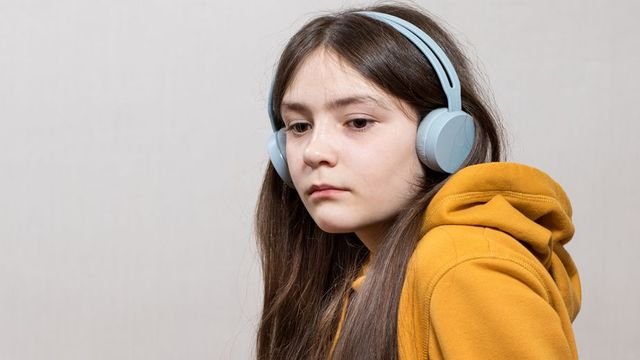Thank you. Listen to this article using the player above. ✖
Want to listen to this article for FREE?
Complete the form below to unlock access to ALL audio articles.
A new study led by researchers at the University of Edinburgh suggests there is no significant difference in how effectively autistic and non-autistic people communicate. The findings challenge the commonly held belief that autistic people inherently struggle with communication.
Investigating communication across neurotypes
The research team conducted an experimental study involving 311 participants, including autistic and non-autistic individuals. The participants were divided into three types of groups: all autistic, all non-autistic and mixed. Each group took part in a task where a story was passed down the line from one participant to the next. At the end of the chain, the final participant recited the story.
The researchers scored each retelling to assess how accurately the information was conveyed. Across all group types, participants were similarly effective in relaying the story, indicating that communication effectiveness did not vary based on neurotype.
“Autism has often been associated with social impairments, both colloquially and in clinical criteria. Researchers have spent a lot of time trying to ‘fix’ autistic communication, but this study shows that despite autistic and non-autistic people communicating differently it is just as successful. With opportunities for autistic people often limited by misconceptions and misunderstandings, this new research could lead the way to bridging the communication gap and create more inclusive spaces for all.”
Dr. Catherine Crompton.
Perceptions of interaction differ between groups
Following the story-passing task, participants rated their enjoyment of the interaction based on perceptions of friendliness and ease. Non-autistic participants reported more positive experiences when interacting with others who were also non-autistic. Autistic participants, by contrast, found interactions with other autistic individuals more enjoyable.
These findings underscore that communication difficulties between autistic and non-autistic people are likely driven by differing communication styles rather than deficits in ability.
Confirming earlier findings
This study builds on previous research by the same team, which suggested that communication success is influenced by neurotype similarity. The new findings reinforce the idea that autistic communication styles should be understood as differences, not deficiencies.
The researchers hope their work will contribute to reducing stigma and improving support mechanisms tailored to autistic individuals’ communication preferences.
Reference: Crompton CJ, Foster SJ, Wilks CEH, et al. Information transfer within and between autistic and non-autistic people. Nat Hum Behav. 2025. doi: 10.1038/s41562-025-02163-z
This article has been republished from the following materials. Note: material may have been edited for length and content. For further information, please contact the cited source. Our press release publishing policy can be accessed here.
This content includes text that has been generated with the assistance of AI. Technology Networks’ AI policy can be found here.





